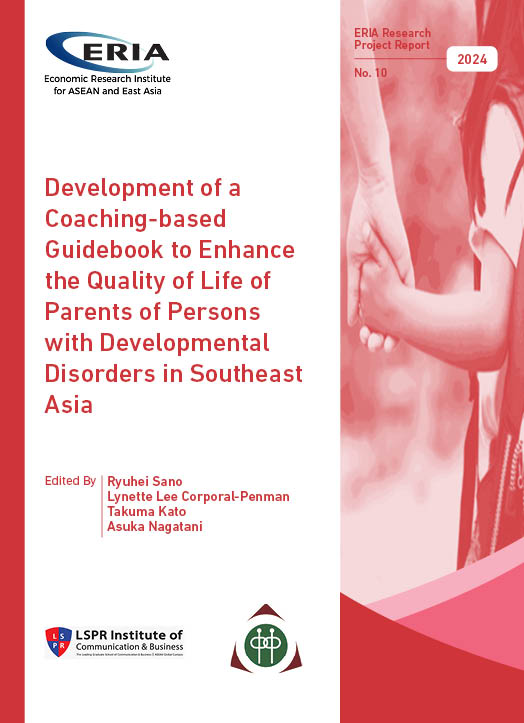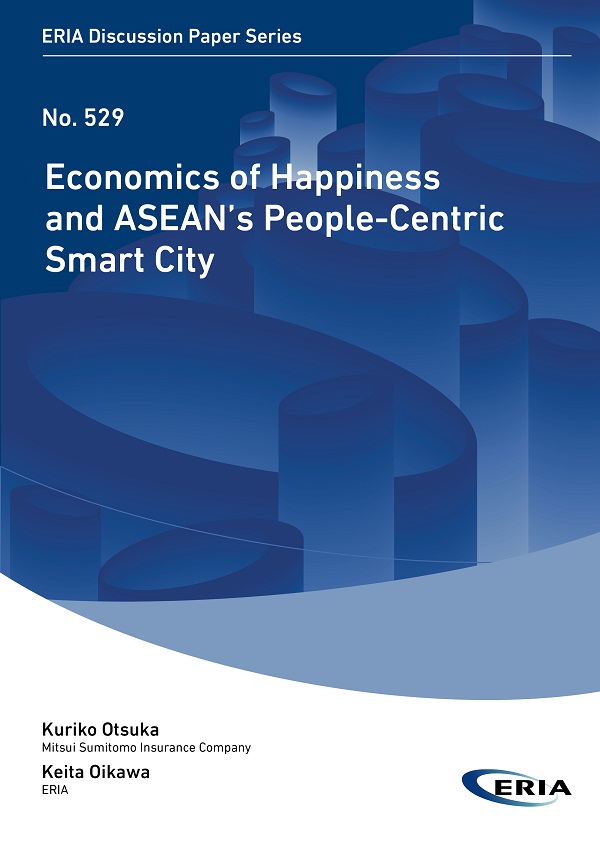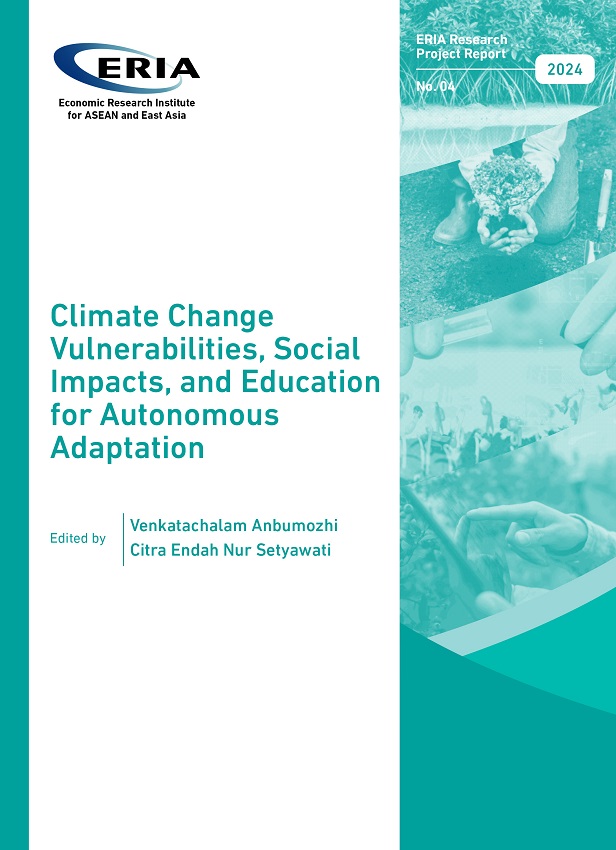
Research
Education, Training, and Human Capital Education | Development Capacity | Innovation Capability | Managerial Efficiency | Higher Education | Learning Centres | Technology Transfers
Education is one of the key components of development, along with training, that builds human capital—especially with their spillover effects. ERIA examines the effect of education on capacity building in various ways, such as development capacity, innovation capability, and managerial efficiency. ERIA’s studies also delve into the effects of higher education, learning centres, and technology transfers, among others.



